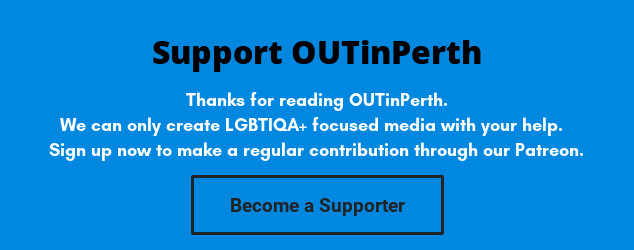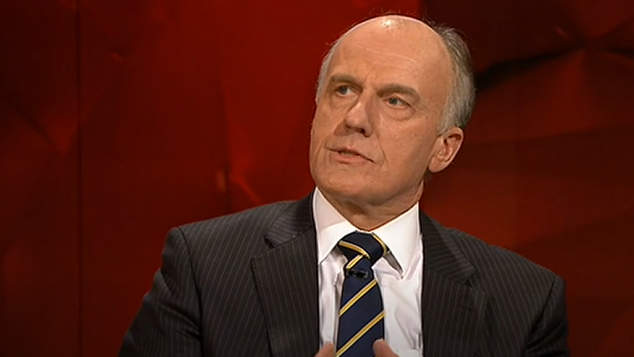
Liberal Senator Eric Abetz has described supporters of marriage equality and the most intolerant people during last year’s marriage postal survey debate.
Appearing on the ABC’s Q&A on Monday night Senator Abetz answered a question from an audience member who cited the clash between the YES and NO camps on the grounds of Sydney University as an example of disrespectful political debate in Australia.
Liz Fanning said “non-left” opinions were being shut down in classrooms and students who supported left wing causes like marriage equality were being given permission to ‘scream in the faces’ of those whose opinions they disagreed with.
“If this is how our premier academic institutions ‘debate’ such vital issues, are we moving to a more polarised and violent polity in the years to come?” Fanning asked the panel.
Senator Abetz said during the marriage debate there was far more intolerance from those advocating for change.
“What surprised me throughout that debate was that those that were allegedly asserting tolerance – were in fact the most intolerant during the debate.” Senator Abetz said.
Senator Abetz said there was a desire by many people to stereotype everybody and assume that if somebody was gay they would automatically be a supporter of marriage equality. The senator highlighted that one of his staff members is gay and was a big supporter of the No campaign.
“The vitriol that he was subjected to by other gays was just appalling, yet they would be out on the streets and elsewhere saying ‘We want tolerance, vote Yes’ and then would behave in a manner simply designed to either bully someone into silence, or – in the case of the stall at the Sydney University – shut it down.” Senator Abetz said.
Senator Abetz said for university should have made it clear that the behaviour of the students campaigning for marriage equality was unacceptable and they should have faced disciplinary action.
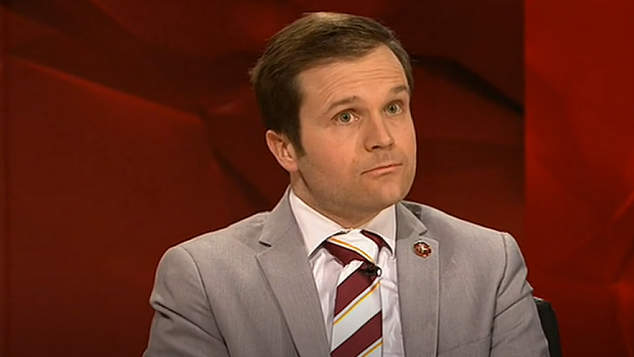
Philosopher and Historian Jeremy Bell said he was concerned about the growing lack of respect in political debate in Australia. Bell, who describes himself as a conservative Catholic, recounted that he had appeared at an event at a University speaking in support of the traditional view of marriage and his presentation had been interrupted by three same-sex marriage activists.
“Their attitude was this topic should not even be debated, at least not a university.”
“It was not entirely unexpected and I was not altogether surprised, yes there is great intolerance, not just at universities, but yes at universities, for what are perceived as outrageous and horrible views. If you think about it I was there to defend, what was then, the law of the land.” Bell said.
Labor MP Anne Aly said she believed social media had lead to people losing many of the moral and ethical limitations that people put on themselves when debating in pubic.
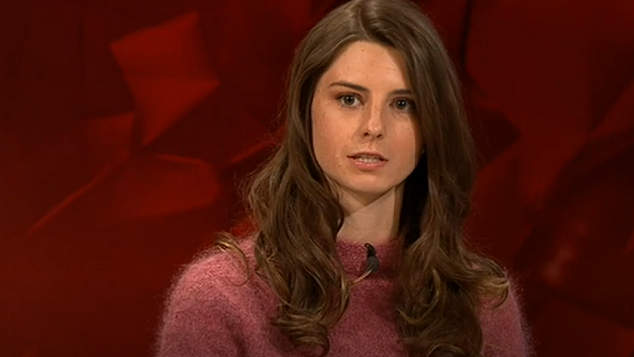
Free speech advocate Lindsay Sheppard said the case of campaigners for the ‘No’ side of the debate being shouted down at Sydney University was very reminiscent of incidents she’s witnessed in Canada. Sheppard said in Universities some topics had become ‘off limits’.
“There seem to be certain topics that you cannot question, where your expected to have a certain position.” Sheppard said. “Open borders, gender pronouns, and anything to do with transgender people, indigenousisation initiatives, things like that where there is a correct position that you must take.”
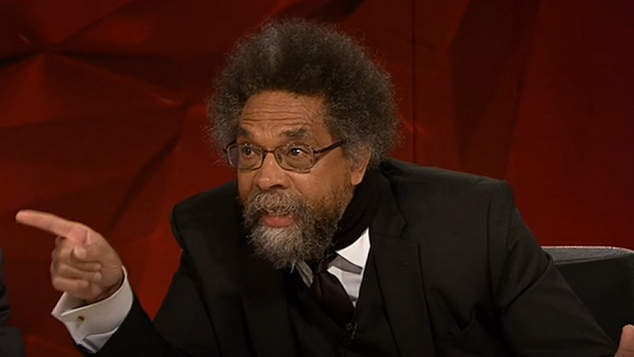
Harvard University Philosophy Professor, Cornell West, said students who stopped others from speaking, or tore down signs from those they disagree with, were in the wrong.
“We should be committed to a robust critical Socratic engagement of very complicated issues, no doubt about that.” Professor West said.
The academic said it should also be acknowledged that when there had been vicious attacks on the LGBTI population free speech advocates had tended to be silent.
“I don’t here a lot of voices.” Professor West said wagging his finger at the audience, ‘Those folk have the same sanctity and dignity as any straight person.”
West said there needed to be a balance between assuring that issues are debated and ideas heard, with respecting the humanity of those who want to speak.
“We must learn how to disagree, and disagree in such a way that we can still accent our humanity, even as we have deep disagreements.” West said.
Watch the whole episode on the ABC’s iview and the Q&A website.
OIP Staff



